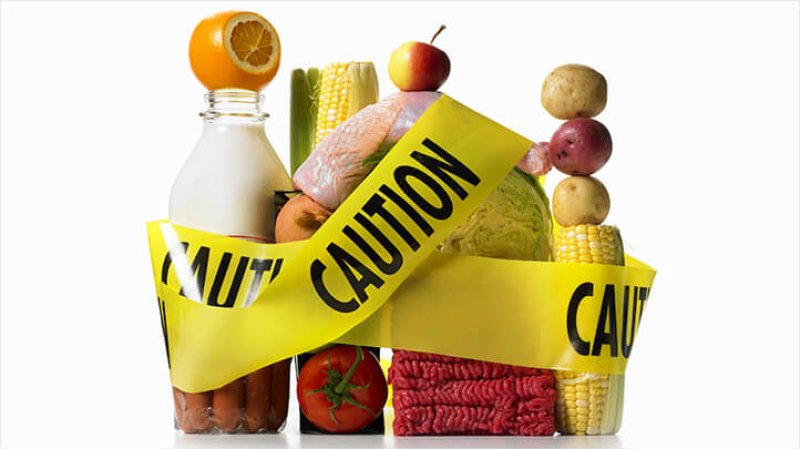[Editor’s note: Val Giddings is a senior fellow at the Information Technology and Innovation Foundation. The following is part of a letter to the FDA’s Center for Food Safety and Applied Nutrition.]
Consumers need to understand that the dominant narrative about food & feed safety in the online space has been distorted and corrupted by special interests using fear to increase the market share for their favored products despite the lack of any genuine superiority or nutritional, safety, or sustainability value added. FDA must help the public understand that today’s food supply is the most abundant, safest, and least expensive in the history of humanity, and that food additives and processing have been huge positive contributors. Foods claimed to be nutritionally or environmentally superior or safer because they are “natural” or produced through organic methods are not.
FDA needs to communicate clearly and unambiguously to the public that so-called “genetically modified” foods represent an arbitrary category without scientific justification. FDA also needs to communicate that science-based risk assessment, data, and vast experience, consistently around the world, confirms that foods and feed described as “GM” or “GMO” are at least as safe as any other foods, and in some cases safer than the alternatives; and that parties who claim otherwise have no basis for such claims.
…
FDA needs to crack down on false and misleading food labels, including misleading “natural” claims as well as the intrinsically misleading NonGMO project, specious claims of organic food superiority, and other deceptive misrepresentations.
The GLP aggregated and excerpted this article to reflect the diversity of news, opinion and analysis. Read full, original post: Comments to the FDA on proposed GMO Education Plan































